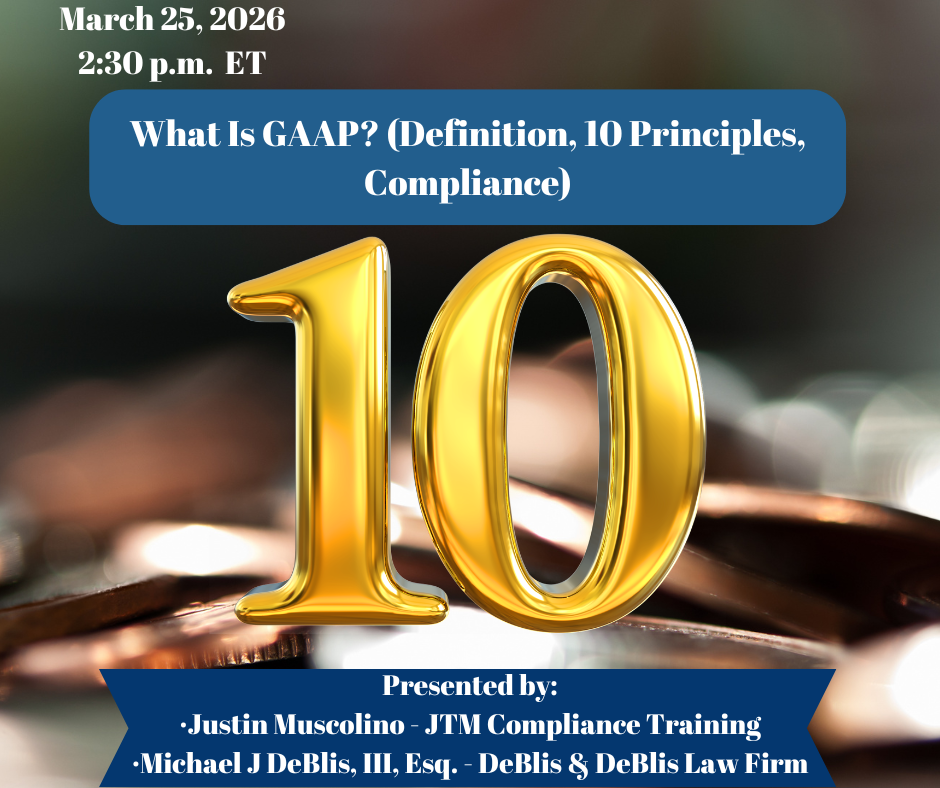
Exciting new series on “Voice, Body and Movement for Lawyers – How to connect with the jury and find Justice Through Dramatic Technique!”
Click here to find out more
Scam typologies help legal professionals by providing a framework to understand, identify, and prevent criminal activity like money laundering, fraud, and cybercrime. They are used to train staff, create better internal controls, and inform legal and regulatory risk management strategies. By understanding these criminal patterns, lawyers can better protect themselves and their clients, and governments can better address systemic risks. How do legal professionals use scam typologies and what are the examples of scams targeting legal professionals? These and other related topics will be covered in this presentation.

This program examines listening as an active, strategic trial advocacy skill rather than a passive c...

This program provides a detailed examination of the Black Market Peso Exchange (BMPE), one of the mo...

This presentation teaches attorneys how to deliver memorized text—especially openings and clos...

Successful personal injury defense practice requires far more than strong legal arguments—it d...

Part II builds on the foundation established in Part I by examining how classical rhetorical styles ...

Part 1 - This program focuses specifically on cross?examining expert witnesses, whose credentials an...

This course breaks down GAAP’s ten foundational principles and explores their compliance impli...

‘A Lawyer’s Guide To Mental Fitness’ is a seminar designed to equip professionals ...

Effective data privacy and artificial intelligence governance programs do not happen by accident. Th...

The landscape of global finance is undergoing a seismic shift as traditional assets migrate to the b...